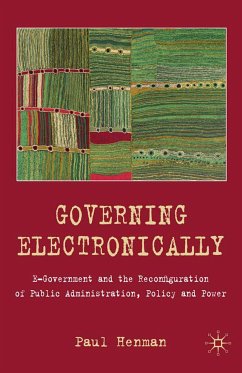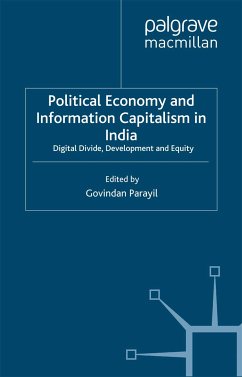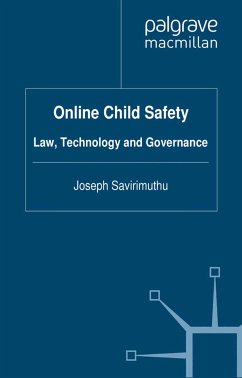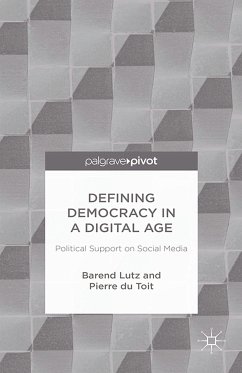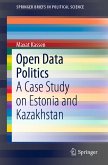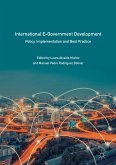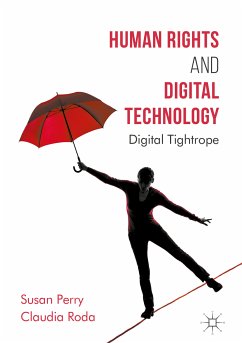Dieser Download kann aus rechtlichen Gründen nur mit Rechnungsadresse in A, B, BG, CY, CZ, D, DK, EW, E, FIN, F, GR, HR, H, IRL, I, LT, L, LR, M, NL, PL, P, R, S, SLO, SK ausgeliefert werden.
'This book is important because it recognizes that technologies really matter in understanding governmental processes. Paul Henman demonstrates impressive expertise in both information technology and public administration in a major study which furthers our understanding of government in the digital era and highlights important shifts in policy and the changing nature of citizenship.' - Helen Margetts, Professor of Society and the Internet, Oxford Internet Institute, UK

